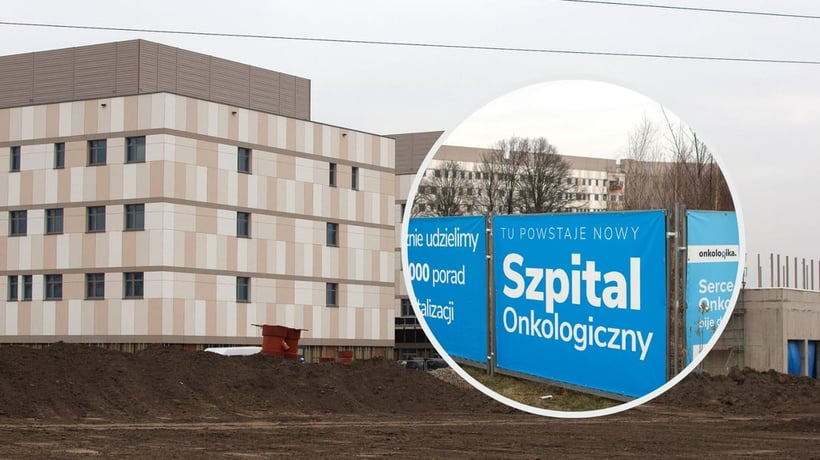Wroclaw Social Diagnosis has been developed by a team of researchers from the Institute of Sociology at the University of Wroclaw under the supervision of Professor Stanisław Kłopot. The survey involving 2,000 participants between 15 and 80 years of age was carried out in spring 2014. The questionnaire's focus was on household, family and the city. This series presents the most intriguing outcomes with relevant comments from the researchers.
More than half of the respondents say that nothing can persuade them to take action. By contrast, only 3% of the respondents are active members in an organisation. These people are heavily committed to their parishes or housing estate councils. Other forms of activity account for less than 1%.
Associate Professor Katarzyna Kajdanek from the Institute of Sociology, University of Wroclaw:
Again, one can explain this by saying that our life is becoming increasingly private and individualistic. We are heavily focused on our private lives and family, most of us are travelling between our home and workplace. I am far from accusing anyone for their lack of commitment because I think people are too busy or have to make ends meet.
There is a large group of people, however, who think that nothing can make them join any social activity. This answer probably reflects their previous experiences. Or suggests that the authorities should show more commitment to get people involved? Another possible answer would be that there are few local leaders and people do not share any sense of responsibility for their neighbourhood.
All these people need is their family and workplace and a little bit of leisure. They do not understand and feel that they should get involved in anything and what benefits this activity might bring them.
This attitude is really pernicious, especially as traditional;l urban policies, the style with which they are now being pursued and the omnipotence of the local authorities are in decline. A growing number of the residents have more courage to say they have their own right to the city. This is because the residents know their needs best and are able to diagnose them. These needs should be expressed freely and suitably met. If a large community forego their right to participate in the life of their neighbourhood, the very idea of participation is quite likely to collapse.

Source: Wroclaw Social Diagnosis
The phenomenon should be alarming to the authorities because they are losing a partner. Instead, they have lots of people who are indifferent, who will neither be happy nor unhappy.
How to promote commitment?
Despite all this, the authorities just cannot give up on promoting social participation. In my view, those people who say that nothing can persuade them to get involved are suggesting that nothing has happened that would be able to foster their commitment. You just can't leave them to their own devices. Nothing can be done? How very wrong.
The projects carried out as part of the Wroclaw Participation Budget demonstrate that people can make a concerted effort to promote a good cause.
The participation budget will begin to promote commitment if there is more focus on working with small communities. We would like to promote collaboration and not just individual leaders who come up with ingenious ideas and then begin lobbying activities. Working with various groups, exchanging ideas and encouraging people to take a stance on their public space offer the best way to learn responsibility for their area and find out more about their neighbours.

Source: Wroclaw Social Diagnosis
Another way to promote social commitment is to change the system. The higher the quality of life and the less time people will be spending at work, the more likely it is they will do something for their neighbourhood.
How to describe those who get involved?
"These people are usually young, well educated or freelancers who work flexitime and have no family or children. It is easy to be an activist if you lead such a lifestyle. But when push comes to shove, both economically and family-wise, it is very difficult to focus on other people. That is why we should take care of those who are willing and able to make a difference to their neighbourhood.
Education is just as important. It is important to show that participation is easy. Each of you can do something to improve the quality of your life and that of your neighbours.
But Wroclaw Social Diagnosis also suggests that poor participation levels are there because people do not trust the authorities. Is that correct?
A decline in trust in political institutions is part of the crisis that affects the existing forms of governance. People lose trust in the authorities when the latter fail to provide security, Wroclaw is special in this respect. This is because the local authorities are committed to what we sociologists call water jets, or investments in PR, that do not improve the quality of life in the city.

Source: Wroclaw Social Diagnosis
The fact that people are more committed to their local housing estate councils is a good thing. The levels of trust expressed between 2010 and 2014 are on the rise. These councils are weak because their influence is limited. We should do something to harness these growing levels of trust by transferring more money and tasks to the housing estates, so that they have more impact on the quality of life in their neighbourhoods.






